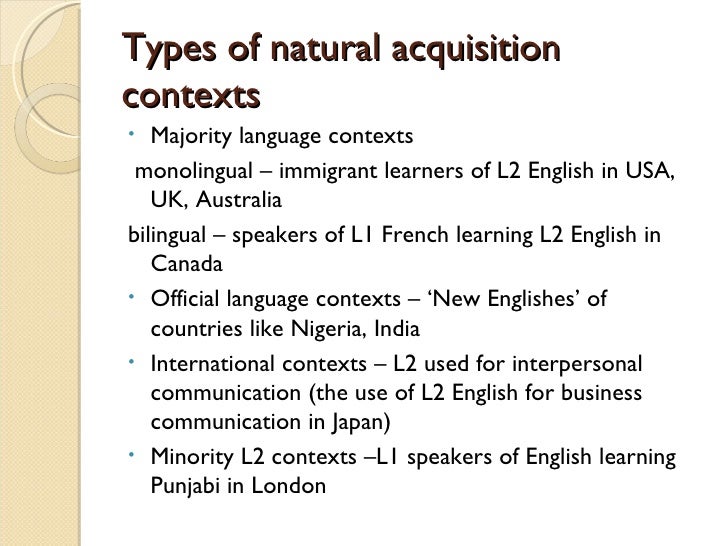

Yet after decades in a country where people have only ever needed English to get by – as opposed to a place like Sweden for instance, where the national language is not English but English education starts early in primary school – the demographics are rapidly changing. Plus, recent waves of US nationalism, harsh immigration policies and “English-only” rhetoric give the impression that Americans are fine with, and even proud of, cashing in on the luxury of being native English speakers.īut what’s the future of English given how America is changing? How the country is becoming even more diverse? You see – despite being a racially diverse country where over 350 languages are spoken – the US, like many English-dominant countries, is filled with millions of people who grew up speaking English, and it’s the only language they speak. The problem for those of us who speak English from the cradle is that we forget how easy we have it.


Adults and children all over the world spend years, and invest a lot of money, in studying English as a second language. A 2013 Harvard University report found that English skills and better income go hand-in-hand, and that they lead to a better quality of life. Why? Because over the last century, the English language has been the currency of global trade and communications.


 0 kommentar(er)
0 kommentar(er)
